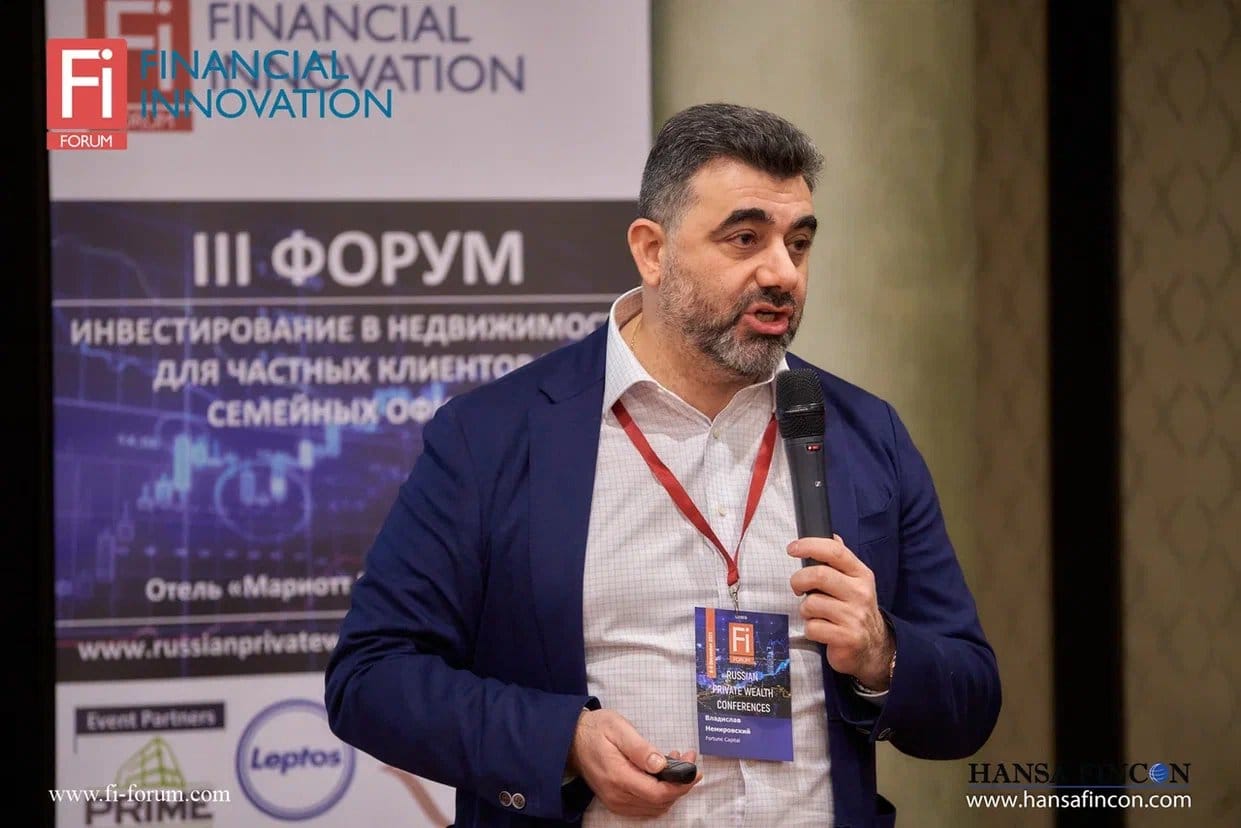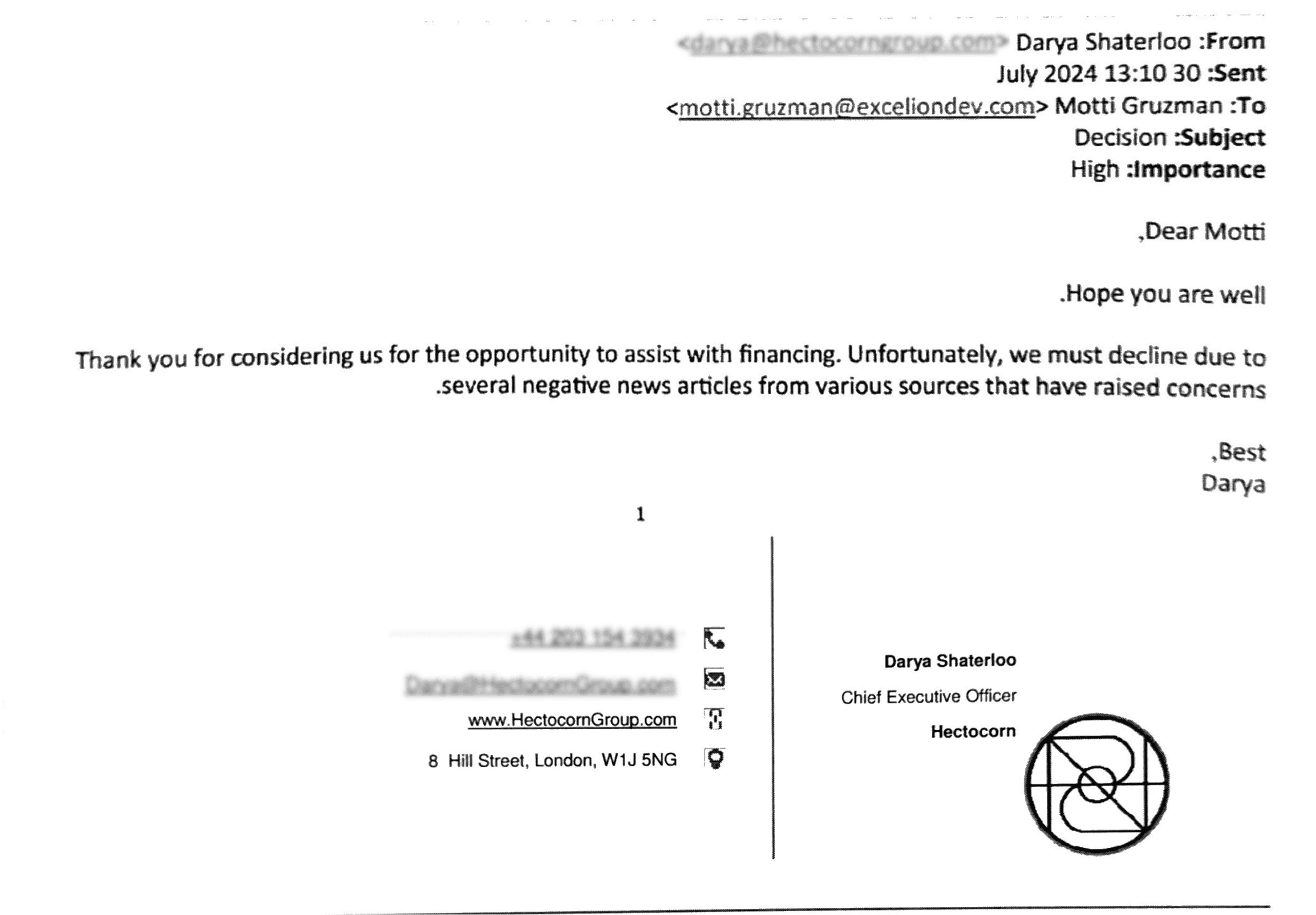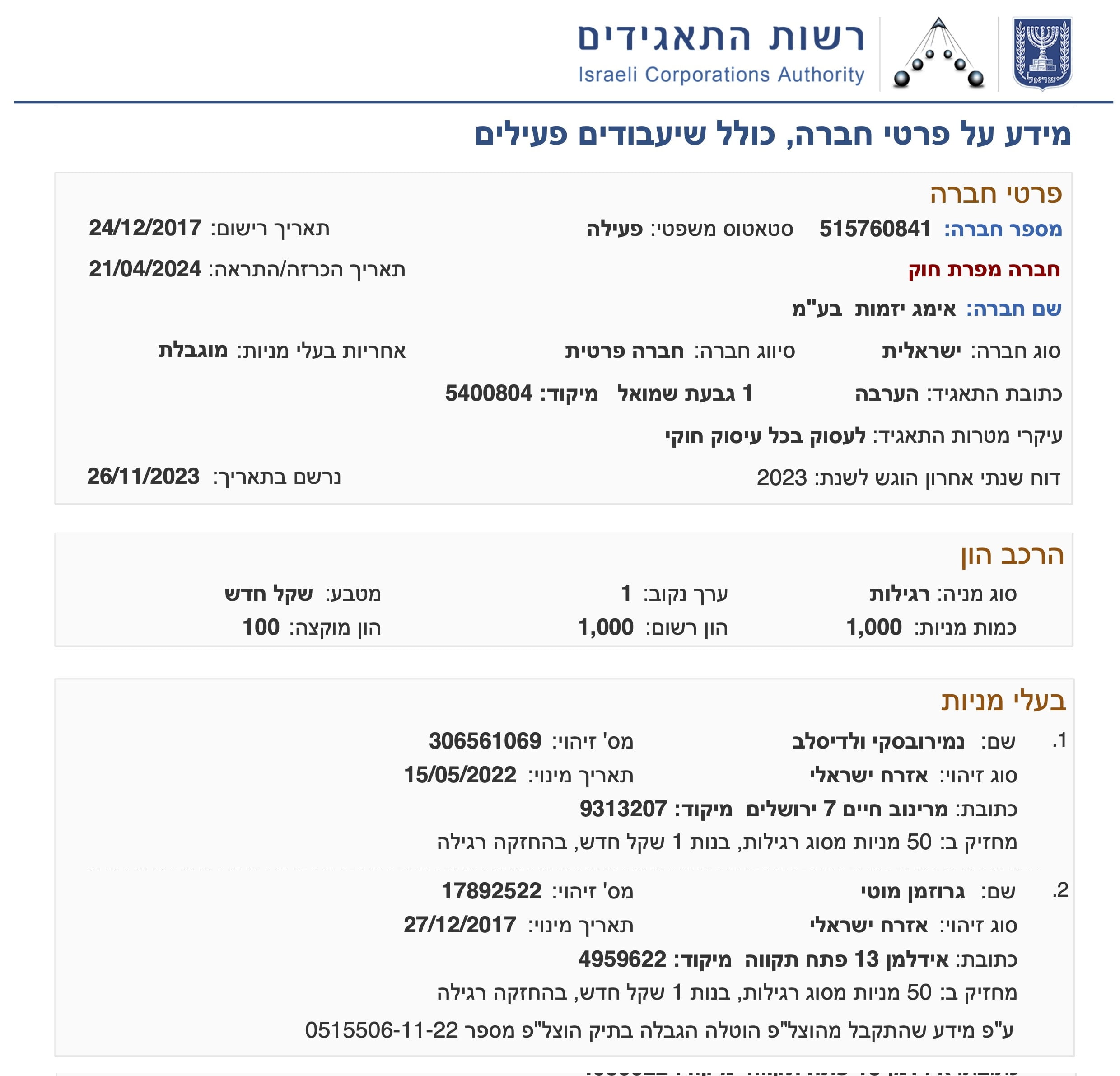9 Most Common Methods of Deceiving Investors

These methods rely on creating a sense of urgency, trust or exclusivity to entice investors, and they often exploit the natural desire for financial growth. Awareness of these tactics can help investors identify red flags and avoid falling victim to such schemes. We, at the Excelion Victims Board, are investigating with your help various patterns of action of Motti Gruzman and Vlad Nemirovsky. Read the article, you might recognize something you know.
1 . Ponzi Schemes
. Ponzi Schemes
Definition: A fraudulent investment operation where returns to earlier investors are paid using the capital from newer investors rather than legitimate business profits.Mechanism: The scheme promises high returns with little or no risk, attracting investors who are often paid out initially to build trust. However, when there aren’t enough new investors to fund withdrawals, the scheme collapses.Example: Bernie Madoff's scheme, which led to losses of around $65 billion, is one of the most famous Ponzi schemes in history.2 . Misrepresentation of Financials
. Misrepresentation of Financials
Definition: Providing false or overly optimistic information about a company's financial health, prospects, or projects to attract investment.Mechanism: Fraudsters may falsify financial statements, inflate sales, hide debts, or overstate the profitability of a venture to make it appear more attractive. Investors are deceived into believing that the business is performing well.Example: Enron is a well-known case where the company's financial condition was misrepresented, leading to one of the largest bankruptcies in history. 3. Affinity Fraud
3. Affinity Fraud
Definition: Targets members of specific groups, such as religious communities, ethnic groups, or social organizations, exploiting the trust within the group.
Mechanism: The fraudster either poses as a member of the group or partners with someone from the group to promote the scheme. Victims often trust the scam because of the association with the group.
Example: Many affinity frauds have targeted religious groups, where a charismatic leader gains the trust of the community and convinces members to invest in fraudulent ventures.
In the picture: A letter from a Torah scholar who invested in Excelion:
❝Unfortunately, we have realized that the company is facing difficulties, and I am sure you are doing everything possible to resolve the matter in the best way. As you know, I am a simple Torah scholar, my wife is an accountant, and we try to serve God modestly with what we have, thank God. We obviously cannot take a risk on the investment, especially not on the principal. Particularly because my wife and I have recently gone through a significant financial crisis. I am asking you sincerely, please return our money as soon as possible. Even if the profits are not as expected, we, of course, understand. We know that the investment of Torah scholars is something sensitive and important to you. We thank you for your efforts and good intentions, and we hope for God's salvation in the blink of an eye.❞
4. Pump and Dump Schemes
Definition: Involves artificially inflating the price of a stock through false or misleading statements and then selling off shares at the high price.Mechanism: Fraudsters use online forums, social media, or newsletters to hype up a stock, creating demand. When the price rises, they sell their shares at a profit, leaving new investors with overvalued stock.Example: This is common in penny stocks or cryptocurrencies where market liquidity is low, making it easier to manipulate prices.5 . Advance Fee Fraud
. Advance Fee Fraud
Definition: Scams where victims are promised a substantial sum of money (such as a loan or inheritance) in return for a small up-front payment.
Mechanism: Victims are convinced to pay a fee in advance to cover taxes, processing, or other costs, with the promise that they will receive a larger sum later. Once the fee is paid, the fraudster disappears.
Example: The classic "Nigerian Prince" email scam, where a supposed foreign dignitary asks for help transferring funds in exchange for a share of the money.
 . Misrepresentation of Financials
. Misrepresentation of Financials 3. Affinity Fraud
3. Affinity Fraud . Advance Fee Fraud
. Advance Fee Fraud


















